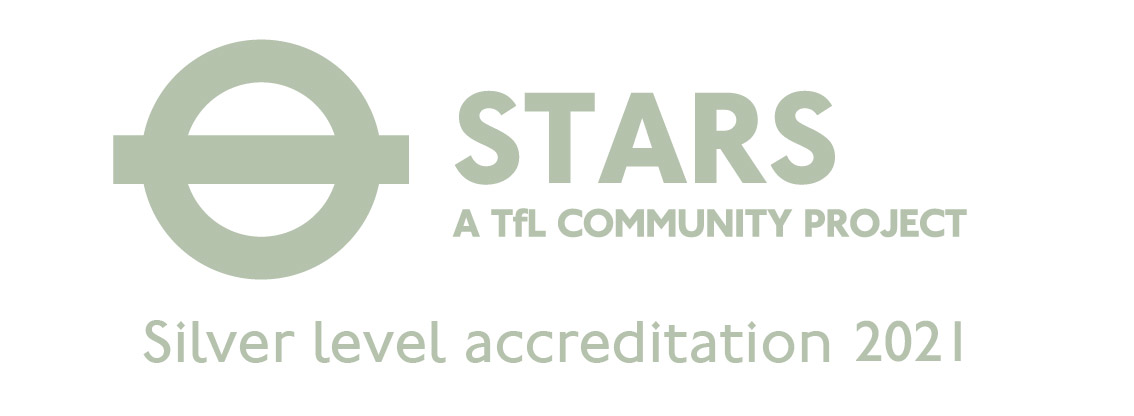As girls progress towards the 11+ entrance examinations, they grow up in many ways, and we aim to help them to reach their potential both academically and personally. We encourage them to review their own progress and strive to do their best. We guide them to think independently, to have confidence in their opinions and to raise important questions about the world around them.
In Key Stage 2, as in Key Stage 1, the curriculum encompasses and enhances all the National Curriculum subjects; English, Mathematics, Science, Information & Communication Technology and Computing, History, Geography, Art, Design & Technology, Personal, Social and Health Education, Citizenship, Religious Education, Music, Physical Education and French.
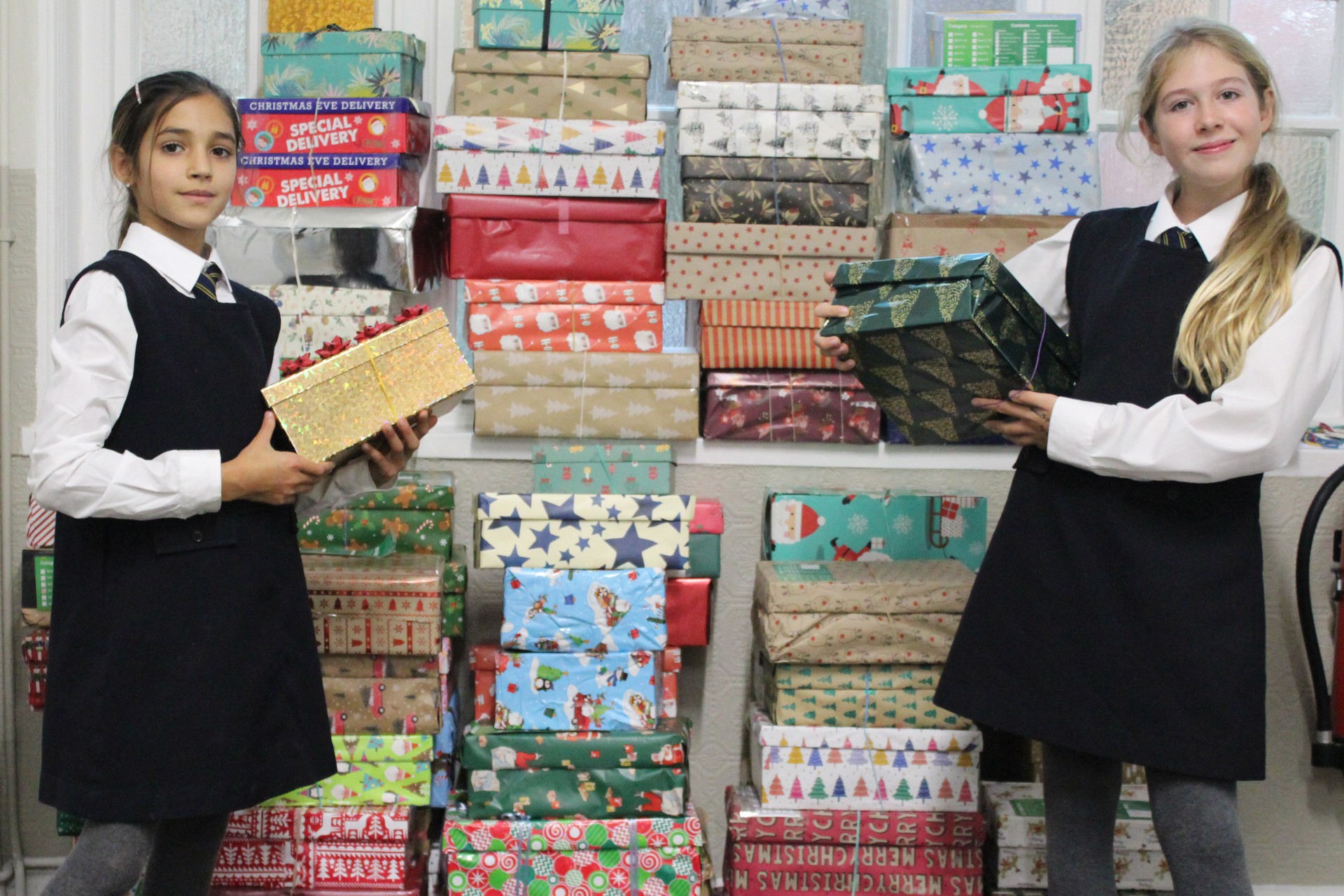
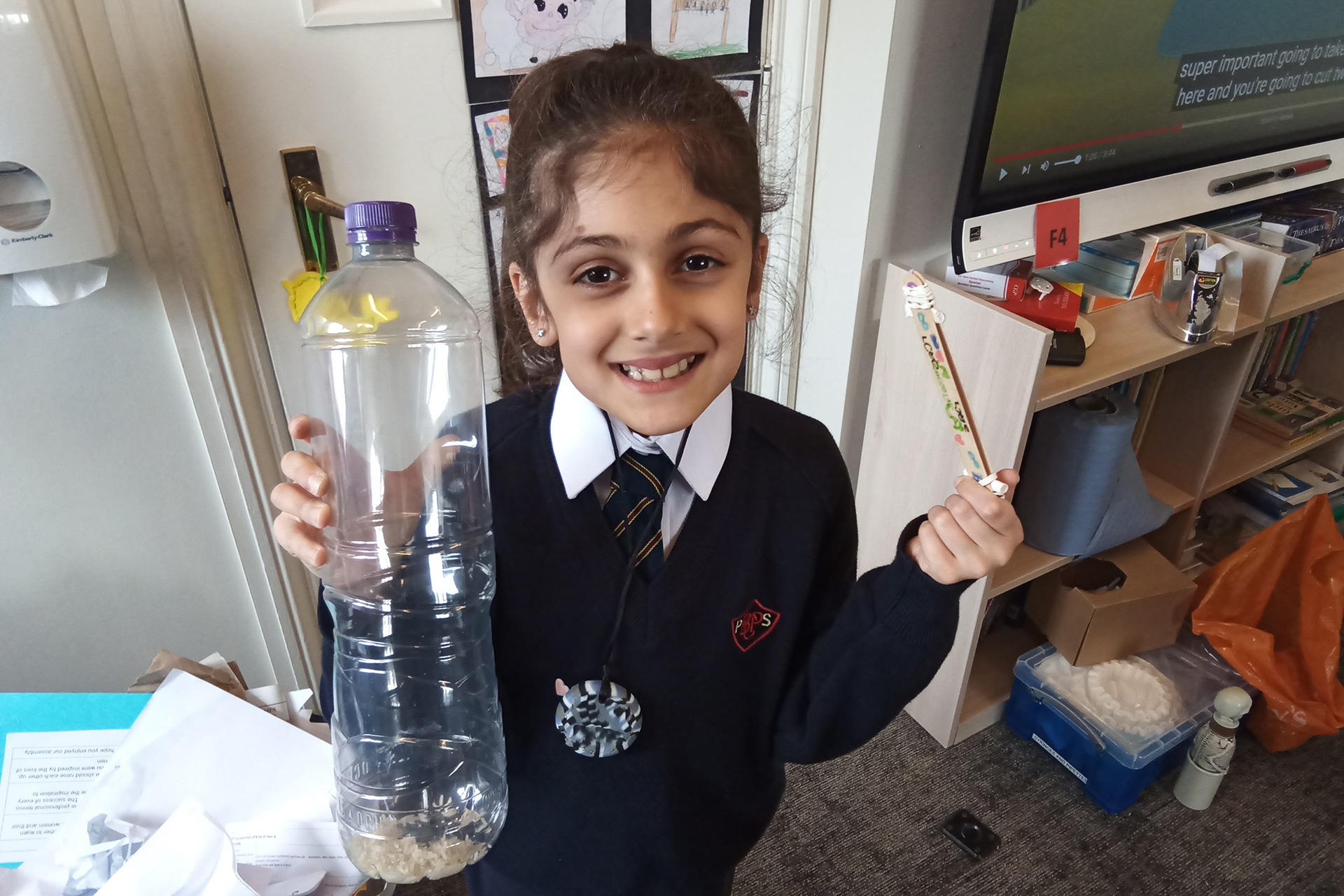
Pupils’ enjoyment of reading and love of literature continue to be encouraged. At the same time, pupils are helped to develop deeper understanding, more advanced reading skills and greater awareness of the complexity of texts. In addition, they learn to develop their own writing style with powerful vocabulary, varied sentence structures, metaphorical language and imagery.
Pupils in each year have a weekly drama lesson; the School recognises and values the contribution which drama makes to the development of pupils’ self-confidence, imagination and creativity. The benefits are evident across all areas of the curriculum.
In Mathematics pupils consolidate the application of strategies in all the four operations, and problem solving activities provide increasing opportunities for children to think and reason for themselves. Open-ended investigations are given; these stretch pupils’ minds, encourage them to think laterally and to look for relationships between different areas of mathematics.
In Science lessons we aim to stimulate our pupils’ natural curiosity and understanding of the world around them. The emphasis is on practical work: hypothesising, planning investigations, collecting results and drawing conclusions.
During their years in the Upper School, the girls are given more responsibility and are encouraged to take the lead in many school activities. There are opportunities to be appointed as School Prefects, House Captains and Chairpersons of the School Council. As they travel on this important educational journey they do so in a supportive and creative atmosphere which guides them to become confident, considerate, responsible individuals who are well-equipped for a smooth transition to senior school and the world beyond.

